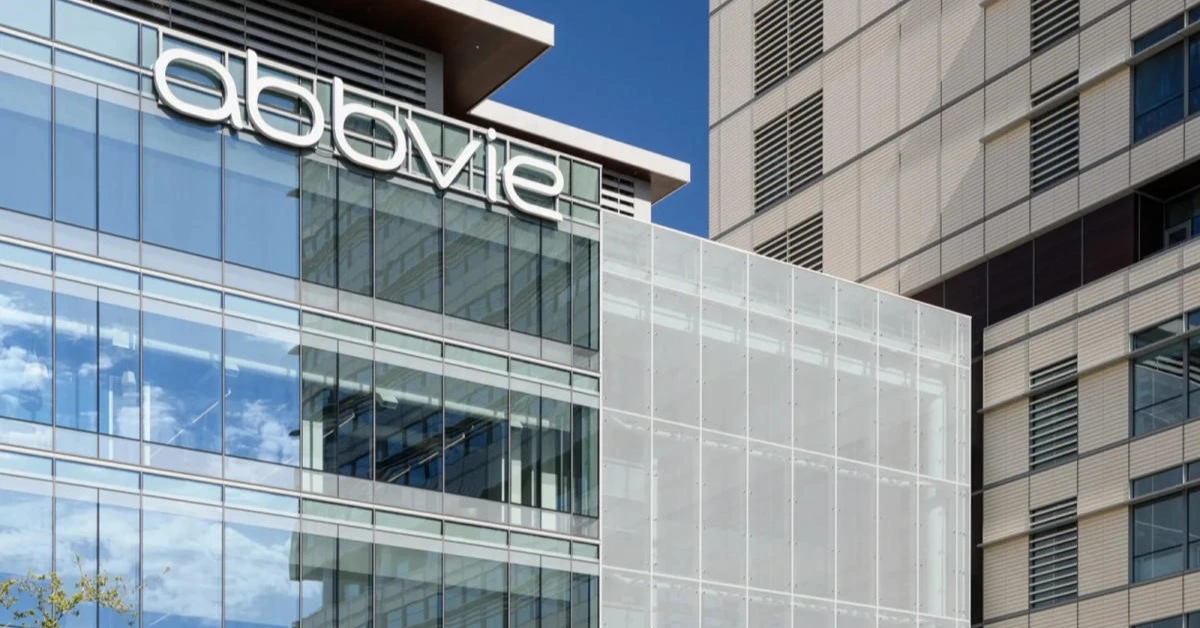
USA – AbbVie has acquired Aliada Therapeutics, a Boston-based biotech company focused on Alzheimer’s disease for US $1.4 billion, a move aimed at strengthening its Alzheimer’s disease drug pipeline.
This strategic investment gives AbbVie control over ALIA-1758, an innovative drug candidate that utilizes a novel technology to facilitate the transport of therapeutic antibodies across the blood-brain barrier (BBB).
Aliada was founded in late 2021, with initial seed funding from RA Capital and Johnson & Johnson.
The company has successfully raised nearly US $33 million, enabling it to advance its lead program through Phase 1b proof-of-concept testing.
With sufficient capital to support its initiatives, Aliada is well-positioned to bring ALIA-1758 to market.
Enhancing drug delivery to the brain
Alzheimer’s drugs released in the past two years have validated amyloid beta as a therapeutic target; however, these first-generation anti-amyloid-beta antibodies often struggle to penetrate the protective membrane surrounding brain blood vessels.
AbbVie seeks to improve upon these therapies through Aliada’s advanced delivery technology, which leverages natural receptors to enhance the entry of large molecules, such as antibodies, into the brain.
“With the acquisition of Aliada, we believe we have secured a best-in-class molecule that addresses the significant challenges associated with delivering treatments to the brain,” said AbbVie CEO, Rick Gonzalez.
Aliada’s lead program, ALIA-1758, is engineered to target pyroglutamate amyloid beta, a peptide variant prevalent in Alzheimer’s patients.
The drug utilizes a unique delivery mechanism that employs transferrin and CD98 receptors to actively transport therapeutic molecules across the BBB, enhancing their uptake in targeted brain tissues.
This approach distinguishes ALIA-1758 from competitors, such as Eli Lilly’s Kisunla, which also targets pyroglutamate amyloid beta but lacks the same delivery innovation.
Since launching its Phase 1 trial in May, Aliada has begun validating its hypothesis in healthy volunteers.
“We are excited about the potential of ALIA-1758 to demonstrate improved efficacy and safety in Alzheimer’s treatment,” stated Aliada CEO, Eric Dunlop.
“Our platform technology allows for a higher concentration of the drug to reach the brain, potentially requiring lower doses to achieve the desired therapeutic effect.”
Market context and competitive landscape
AbbVie’s decision to acquire Aliada comes on the heels of the company discontinuing its internal anti-amyloid-beta antibody, ABBV-916, after interim Phase 2 data showed similar efficacy to existing approved drugs.
Recognizing the need for differentiation in a crowded market, AbbVie is now betting on ALIA-1758’s unique delivery capabilities.
Neuroscience remains a pivotal area for AbbVie, and this acquisition enhances its research portfolio as the company explores broader applications of the Modular Delivery platform.
The company’s rivals, including Eli Lilly and Roche, are also leveraging similar technologies to develop their own Alzheimer’s therapies, indicating a competitive race to unlock effective treatments.
XRP HEALTHCARE L.L.C | License Number: 2312867.01 | Dubai | © Copyright 2025 | All Rights Reserved